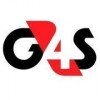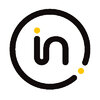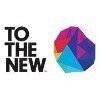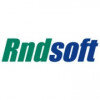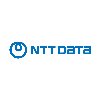3150 Fusion Plus Solutions Jobs
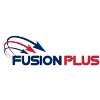
Tosca Automation Professional
3-6 years
Hyderabad / Secunderabad
1 vacancy
Tosca Automation Professional
Fusion Plus Solutions
posted 3+ weeks ago
Job Description
Employment Type: Full Time, Permanent
Read full job description What people at Fusion Plus Solutions are saying
What Fusion Plus Solutions employees are saying about work life
Similar Jobs for you
Tosca Automation Professional
3-6 Yrs
Hyderabad / Secunderabad
SQL, Automation, Database Testing
Senior DevOps Engineer
6-11 Yrs
Hyderabad / Secunderabad
DevOps, Administration, Analytical +5 more
Cloud Data Engineer
5-10 Yrs
Hyderabad / Secunderabad
Python, SQL, Cloud +3 more
Databricks, SQL, PySpark, Python
5-10 Yrs
Hyderabad / Secunderabad
Python, SQL, Windows System Administration +2 more
SQL DB Developer
7-12 Yrs
Hyderabad / Secunderabad
SQL, Backend, SSIS +6 more
Java Developer
8-13 Yrs
Hyderabad / Secunderabad
Linux, Postgresql, Application Development +7 more
ETL developer
5-8 Yrs
Hyderabad / Secunderabad
Computer Science, Linux, Informatica +6 more
SQL DB Developer
7-12 Yrs
Hyderabad / Secunderabad
SQL, Backend, Billing +6 more
Automation Testing
5-10 Yrs
Hyderabad / Secunderabad
Python, SQL, Javascript +6 more
Automation Selenium
5-10 Yrs
Hyderabad / Secunderabad
Software Testing, Automation, Selenium +6 more








